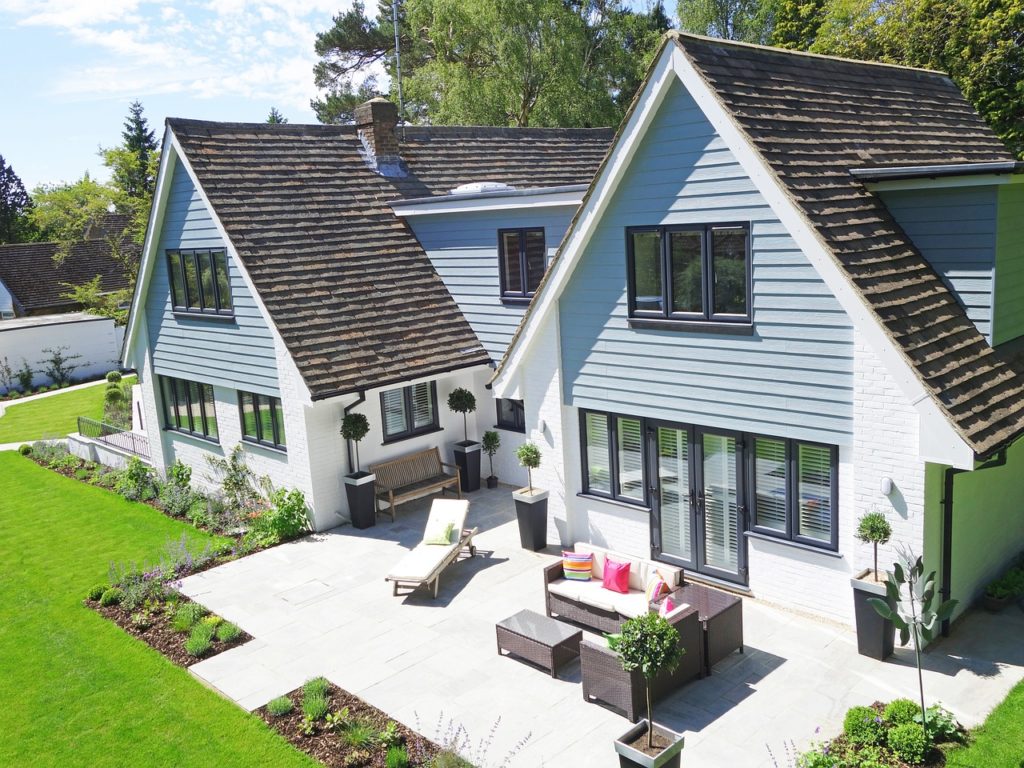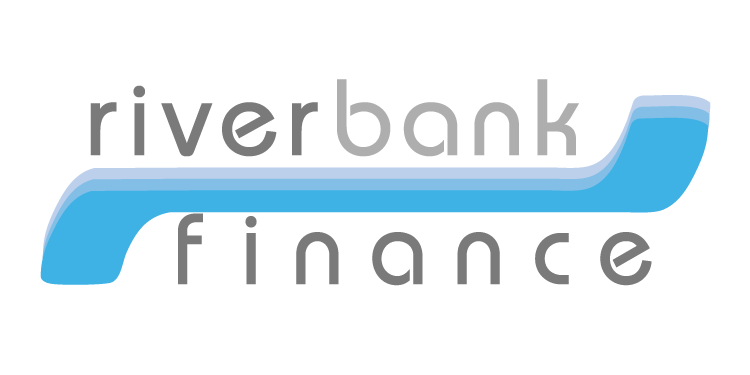
Conventional Loans are home loans that conform to the underwriting guidelines set by the Government Sponsored Entities, Fannie Mae and Freddie Mac. In the past, conventional loans were only for elite borrowers that had 20% or more for their down payment. Times have since changed opening up great new programs for low to middle income earners and first time homebuyers.
Why are Conventional Loans Better than FHA Loans
Conventional Loans are now an affordable option for those without the highest credit scores. Mortgage Interest Rates are currently in a tighter spread. By this I mean that the best creditor borrowers and the lower score borrowers will have an interest within 1% to 1.5% of each other.
This is helped by programs like Fannie Mae’s HomeReady Loan and Freddie Mac’s HomePossible Loan. These programs limit the loan level price adjustments (LLPAs) which increases the par offering rate. These programs also allow first time homebuyers to buy a home with only 3% down while FHA requires a minimum down payment of 3.5%.
In the past, Private Mortgage Insurance (PMI) rates would also be absurdly high for lower score borrowers seeking Conventional mortgages. With the competition between PMI companies, mortgage insurance rates have dropped significantly in the past few years. This allows Conventional loans to be very competitive with Government Insurance Loans like FHA mortgages.
Related: See our Conventional Mortgage Calculator
FHA Mortgage Insurance Cost May Cost More than Conventional Loans
Conventional loans may be a better option for homebuyers than FHA Mortgages because of the mortgage insurance savings. On Conventional loans, there is typically a monthly PMI fee if a borrower does not put a 20% down payment towards their purchase. FHA has a similar fee plus an up front charge.
Related: See our FHA Mortgage Calculator
FHA Mortgage insurance VS Private Mortgages Insurance
| FHA Mortgage Insurance | Private Mortgage Insurance |
| Required on all Loans | Required on conventional mortgages with less than 20% down |
| Two Types of mortgage insurance | May be dropped once loan to value is under 78% |
| Cannot be removed if down payment is less than 10% | What is an FHA Up Front Mortgage Insurance Premium? |
| May be more expensive | Many options for PMI payments |
| Offers Reduce Premiums for First Time Homebuyer Programs |
FHA Loans charge two types of Mortgage Insurance Premiums (MIP). There is Upfront Mortgage Insurance Premiums (UFMIP) which are payable to HUD at close. The UFMIP is calculated as a percentage of the original loan amount. This fee is currently set at 1.75% of the base loan amount. For example, If you borrower $200,000, the FHA UFMIP added to your loan amount is $3,500. This is an extra expense not found on Conventional Loans.
What is an FHA Annual Mortgage Insurance Premium?
The Second type of Mortgage Insurance on FHA Loans is Annual Mortgage Insurance Premiums (MIP). This calculation varies based on loan-to-value and loan term but is as high s .85% of the original loan amount. For example, if you borrowed $200,000 the annual MIP would be $200,000 * .0085 = $1,700 which is split up over 12 months and added to your monthly mortgage payment. In this example, your payment would increase by $141.67 for MIP.
April 2013, FHA made a major change which started the shift away from this loan type. They changed the way annual FHA mortgage insurance fees were charged by making FHA Mortgage Insurance Premiums payable for the life of the loan. In past years, it would drop off under certain circumstances similar to Conventional Loans when your loan was paid under 78% of the home’s value.
Conventional Loans are more Attractive to a Seller than FHA Financing
In many areas of the country, there is a shortage of homes for sale which creates a sellers market. This means that sellers can be more picky when accepting offers from buyers on their homes.
When a buyer is making an offer with FHA financing, a seller may be reluctant to accept due to additional requirements for the home’s conditions compared to Conventional Financing. Having a Conventional Loan Pre-Approval may make the difference from getting your offer accepted or getting rejected by a seller.
Why Would Anyone Still Do FHA Loans over Conventional Loans?
There are certain circumstances where FHA finance may be a better option than a Conventional Loan.
FHA Loans with Down Payment Assistance
Many Mortgage Down Payment Assistance Programs (DPA) work only in conjunction with FHA financing. If a borrower does not significant funds available or down payment, DPA programs may help the buy a home.
FHA Loans Allow for Lower Credit Scores
Conventional Loans have minimum credit score requirement of 620. If a borrower has a credit score lower than this, FHA financing may be the only option. Currently FHA allows for credit as low as a 530 with a 10% down payment or as low as 580 with only a 3.5% down payment. Many borrowers with a credit score lower credit scores may have no problems qualifying for FHA financing when Conventional loans are not an option.
FHA Loans Have Shorter Wait Periods Than Conventional Loans
FHA loans have shorter wait periods for major life events such as bankruptcy or foreclosure.
- FHA loans only require a 2 year wait period from Chapter 7 Bankruptcy while Conventional requires 4 years.
- FHA requires a 3 year wait period for foreclosures while Conventional Loans require 7 Years.
- These wait periods may allow a borrower to buy a home with FHA financing while conventional is not an option.
FHA Loans allow for Higher Debt To Income Ratios than Conventional Loans
A borrower may be better off with an FHA loan over conventional financing if they have a high Debt To Income Ratio.
- Conventional Loans typically require a borrower to have a Debt-to-Income (DTI) of 45% or less to qualify with a maximum DTI of 50%.
- FHA is more flexible with higher debts allowing a maximum of 56.9%. Borrowers with higher debts may only qualify for FHA Loans.
FHA Streamline Refinance
If a borrower already has an FHA Loan but does not have a significant amount of equity in their home, they may qualify for a rate reduction through an FHA Streamline Refinance. This loan type may allow them to drop their rate and payments without an appraisal or documenting income and with little to no costs. This is a program unique to FHA financing and can help a borrower that purchased their home when their credit scores were lower but have since improved.
Summary of Why Conventional Loans are Better Than FHA Loans
With the current guidelines set by FHA, Fannie Mae and Freddie Mac, Conventional Loans may be a better fit for buyers than FHA loans. Conventional loans offer lower down payments of only 3% for first time homebuyers while FHA loans require 3.5% down. Mortgage insurance may be significantly cheaper on Conventional loans versus FHA loans. Lastly, submitting an offer with Conventional Financing may be more attractive to sellers over an FHA Pre-Approval.
To get more information on what loan type maybe the best fit for your situation, call a licensed loan officer today at 800-555-2098 or request information below.

 800-555-2098
800-555-2098

